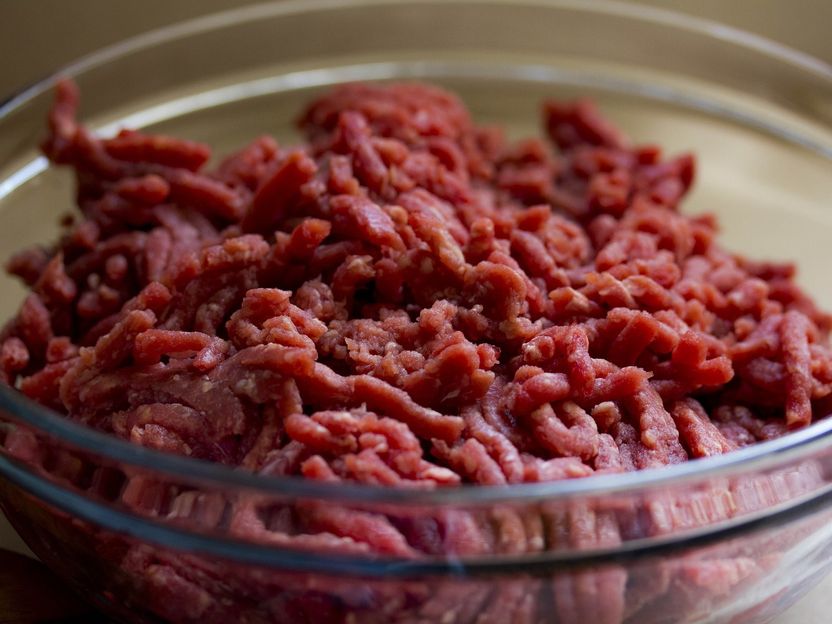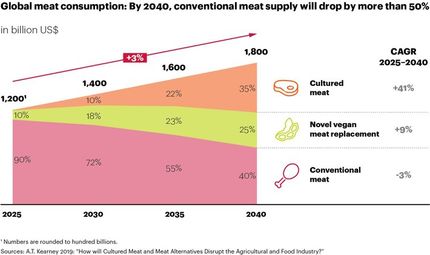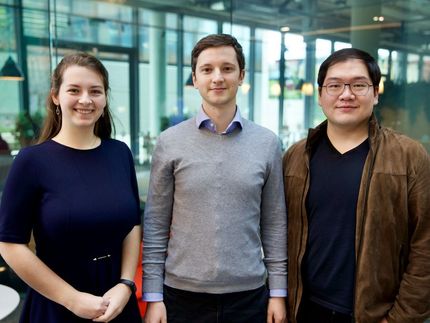Burgers from the Petri dish - companies push laboratory meat
What if animals no longer had to die en masse for burgers or steaks?
Burger mince from the lab that looks very similar to ordinary meat and hardly differs in taste: If start-ups and food experts have their way, meat made from cultured animal cells could be on supermarket shelves in just a few years. Corporations, start-ups and researchers are working on meat from the laboratory that would not require factory farming in its current form, with all its environmental damage. Even if the hurdles are still high: Investors are putting a lot of money into the market, from which corporations like Merck or Nestlé want to profit.

Pexels / Pixabay
As early as 2013, a restaurant critic tested a burger from the lab that was said to have cost around 250,000 euros to produce. Since then, the estimated price has dropped rapidly to 45 euros. A competitive price could be reached by 2030, according to a study commissioned by the non-profit organisation The Good Food Institute. It puts investment in cultured meat at more than $350 million (about 300 million euros) last year.
"In the future, the meat market could be split three ways," believes Thomas Herget, head of Merck's innovation hubs in California and China. One-third could be conventional meat from slaughterhouses, one-third plant-based and one coming from bioreactors.
Pharmaceutical and chemical company Merck has been tinkering with technologies needed to produce cultured meat and fish for about three years. The idea: Instead of fattening pigs or chickens in factories for slaughter, the first step is to surgically remove only a small tissue sample from an animal. Then the cells are isolated and cultured in the lab before being grown and transformed on a large scale in bioreactors. Finally, the cell mass is processed and can be formed into burger meat, for example.
Merck wants to profit from this as a technology provider for start-ups. The DAX-listed company offers reagents and equipment for cell cultivation such as cell culture media. About 70 to 80 start-ups from the U.S. and Europe are working on lab meat, Herget says. Merck supplies some with cell culture media that the cells need to grow. They consist of up to 100 substances such as sugar molecules, salts, amino acids and trace elements. All of them have to be procured, analyzed, sterilized, and put together in the best possible way. According to Herget, cell culture media currently account for up to 80 per cent of the costs of cultured meat.
Environmental protection and animal welfare considerations speak in favour of laboratory-grown meat: no animals have to be slaughtered on a large scale for meat from the Petri dish. In view of a growing world population, meat consumption is increasing rapidly and with it the deforestation of forests for agriculture and the production of animal feed.
Lab-grown meat has the potential to reduce agricultural greenhouse gas emissions by 78 to 96 percent, use 99 percent less land and 82 to 96 percent less water when measured against conventionally produced European meat, researchers at the University of Amsterdam and Oxford estimated. Other study emphasize that the use of renewable energy is crucial in comparative calculations.
Merck isn't the only company pushing the lab-grown meat business. PHW, the poultry meat company known as Wiesenhof, acquired a minority stake in Israeli startup Supermeat back in 2018. And Nestlé announced as recently as July that it was exploring business opportunities with lab-grown meat. It said it was exploring innovative technologies with several partners and start-ups to produce cultured meat or ingredients for it. The Swiss food company is still in an exploratory phase.
Environmentalists are in favor of the approaches. "In principle, it is to be welcomed if animals do not have to die for meat and environmental damage is limited," says Stephanie Töwe, agriculture expert at Greenpeace. However, more transparency is needed on the carbon footprint of lab-grown meat, as well as the use of antibiotics in the very sterile environment, she adds. Meat from animal cells is no longer a distant dream, says Töwe. From Greenpeace's point of view, however, there are enough alternatives with plant-based substitute products. "In general, eating less meat is the easiest way to go."
Indeed, plant-based meat substitutes such as those from US-based Beyond Meat have found a market. But then why the costly cultivation of lab-grown meat? Many people don't want to give up eating meat and reject plant-based products, says Herget. "Customers are asking for components of real meat like amino acids and also the right taste of meat."
There is still a long way to go before cultured meat becomes a bigger business at Merck. "We are in a pilot phase in what is still a small market," Herget says. A dozen or so Merck employees are working in the field in Silicon Valley, Boston and Darmstadt. Merck does not give sales projections for the business.
There are many hurdles with lab-grown meat: Whether it's taking muscle cells from the animal and isolating them, growing lab meat on a large scale and mimicking textured meat like beef steaks. "It's kind of the Holy Grail of cultured meat," Herget says. More straightforward are cell masses for burger patties.
But even if lab-grown meat were mass-produced, consumers in Europe or the U.S. couldn't buy it in supermarkets today. While the first lab-grown meat has been approved in Singapore, it has yet to be cleared by food authorities here. They test food purity and scrutinize potential health hazards. "It will probably be five to ten years before consumers find cultured meat at the shop counter," says Herget.
Note: This article has been translated using a computer system without human intervention. LUMITOS offers these automatic translations to present a wider range of current news. Since this article has been translated with automatic translation, it is possible that it contains errors in vocabulary, syntax or grammar. The original article in German can be found here.
































































